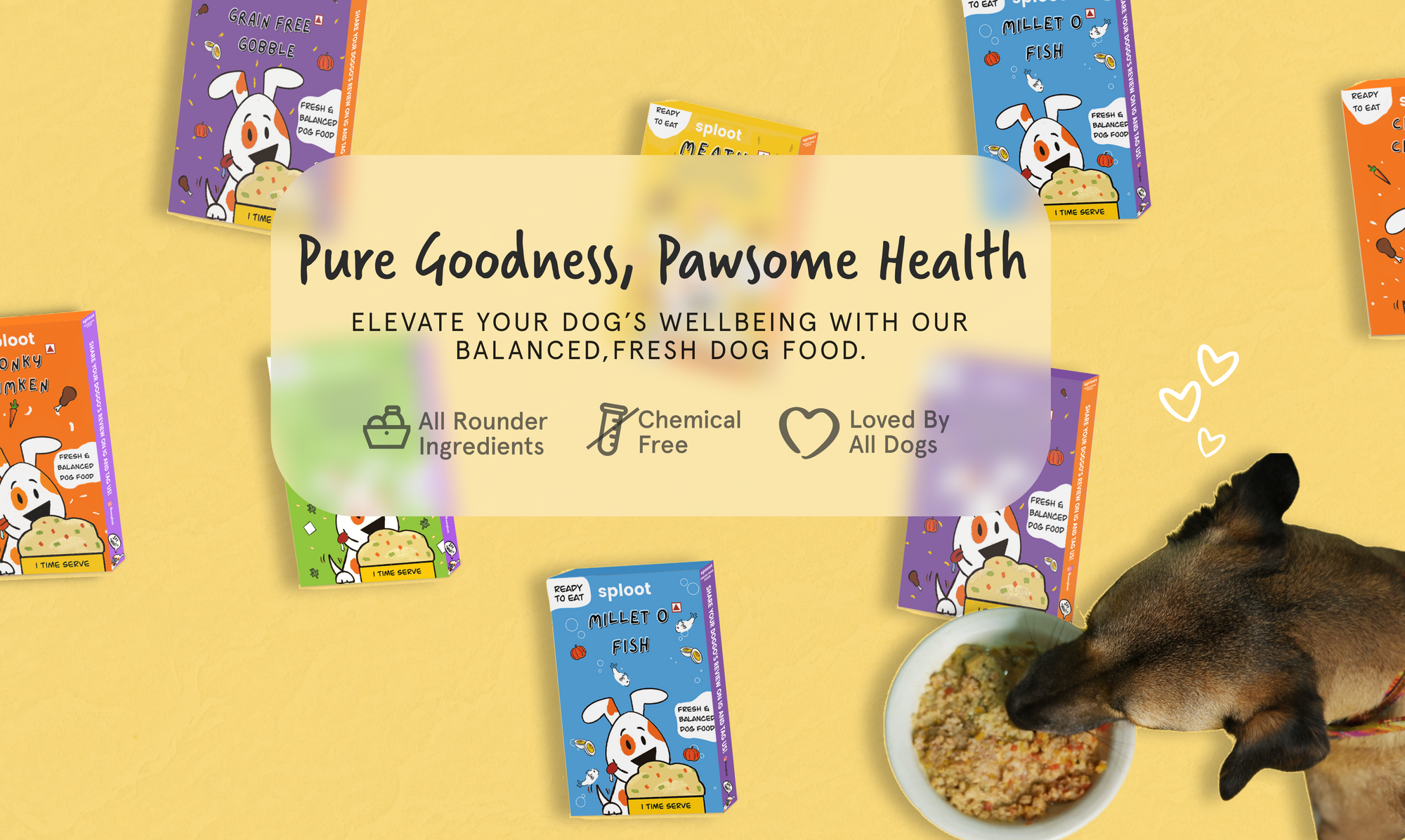Unraveling the Debate: Is Milk Good for Dogs?

For many of us, the image of a puppy contentedly lapping up a bowl of milk is endearing and wholesome. However, as our furry friends grow into adult dogs, the question of whether milk is good for them becomes a subject of debate. In this comprehensive guide, we'll explore the pros and cons of giving milk to dogs, addressing common concerns, and providing valuable insights to help you make an informed decision.
The Lactose Intolerance Conundrum
One of the primary concerns regarding giving milk to dogs is the potential for lactose intolerance. Lactose is a sugar found in milk and dairy products, and many dogs lack the enzyme (lactase) required to break it down properly. This can lead to digestive issues such as gas, bloating, diarrhea, and abdominal discomfort.
While puppies are typically able to digest milk from their mother's milk, their ability to process lactose often diminishes as they mature. As a result, many adult dogs are lactose intolerant to varying degrees, making it important to approach milk consumption with caution.
Can dogs drink milk?
Despite the concerns surrounding lactose intolerance, there are some potential benefits to incorporating milk into your dog's diet in moderated amounts:
Calcium and Protein: Milk is an excellent source of calcium, which is essential for strong bones and teeth, as well as high-quality protein for muscle development and maintenance.
Hydration: Milk can help keep your dog hydrated, especially during hot weather or after strenuous activity.
Potential Skin and Coat Benefits: Some pet owners report improved skin and coat condition when incorporating small amounts of milk into their dog's diet.
However, it's important to note that these benefits can often be obtained from other, more easily digestible sources tailored specifically for dogs.

Are dogs lactose intolerance?
While milk can provide some nutritional value, there are also potential risks associated with giving it to dogs, especially in excessive amounts:
Lactose Intolerance Symptoms: As mentioned earlier, many dogs are lactose intolerant, which can lead to digestive issues like gas, bloating, diarrhea, and abdominal discomfort.
Allergic Reactions: Some dogs may be allergic to the proteins found in milk, which can result in skin irritations, hives, or even more severe reactions.
Pancreatitis: Excessive consumption of fatty foods, including milk and dairy products, can potentially lead to pancreatitis, a painful and potentially life-threatening condition.
Weight Gain: Milk is high in calories and can contribute to obesity if given in large quantities, especially to inactive or senior dogs.
Determining if Your Dog is Lactose Intolerant
If you're considering giving milk to your dog, it's essential to determine if they are lactose intolerant first. Here are some signs to watch out for after introducing milk into their diet:
- Diarrhea or loose stools
- Excessive gas or flatulence
- Bloating or abdominal discomfort
- Vomiting
If you notice any of these symptoms, it's best to discontinue giving your dog milk and consult with your veterinarian.
Alternatives to Cow's Milk for Dogs
If you're hesitant about giving your dog cow's milk due to lactose intolerance concerns, there are several alternative options to consider:
Lactose-Free Milk: Many pet stores and online retailers offer lactose-free milk products specifically formulated for dogs.
Plant-Based Milk Alternatives: Unsweetened plant-based milk alternatives, such as almond, coconut, or oat milk, can be a safer option for lactose-intolerant dogs.
Yogurt and Kefir: These fermented dairy products contain beneficial probiotics and are generally lower in lactose than regular milk.
Dog-Friendly Milk Replacers: Specially formulated milk replacers for dogs can provide the nutritional benefits of milk without the lactose.
Remember, it's always best to consult with your veterinarian before introducing any new foods or supplements to your dog's diet.
Moderation is Key
If your dog is not lactose intolerant and you decide to incorporate milk into their diet, moderation is key. Excessive milk consumption can lead to weight gain, digestive issues, and potential health problems.

Here are some guidelines for giving milk to dogs:
- Puppies: Puppies may be able to tolerate small amounts of cow's milk or puppy milk replacer, but it's best to transition them to a balanced puppy diet as they grow.
- Adult Dogs: For adult dogs, limit milk consumption to a few tablespoons per day, preferably as an occasional treat rather than a regular part of their diet.
- Senior Dogs: Senior dogs may have a harder time digesting milk, so it's generally recommended to avoid or limit their intake.
It's also important to note that milk should never replace a balanced, complete, and nutritious diet formulated specifically for dogs.
Consult Your Veterinarian
Every dog is unique, and their dietary needs may vary based on age, breed, health conditions, and individual sensitivities. If you have any concerns or questions about giving milk to your dog, it's always best to consult with your veterinarian.
Your veterinarian can provide personalized advice based on your dog's specific needs and health history, ensuring that you make an informed decision that prioritizes your furry friend's well-being.
In conclusion, the debate surrounding whether milk is good for dogs is ongoing, with valid arguments on both sides. While milk can provide some nutritional benefits, it's important to consider the potential risks, such as lactose intolerance and digestive issues. By understanding your dog's individual needs and consulting with your veterinarian, you can make an informed decision that promotes your dog's overall health and happiness.

